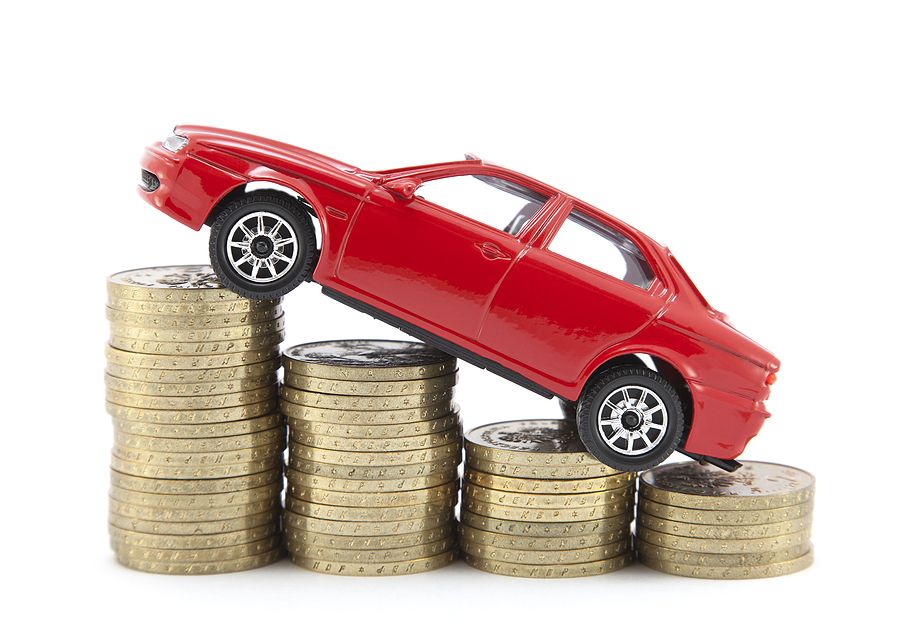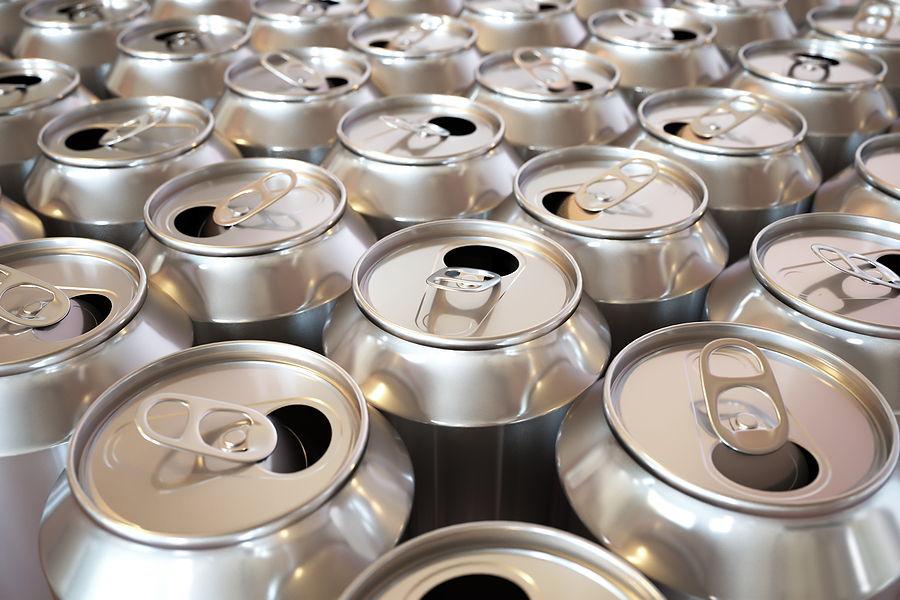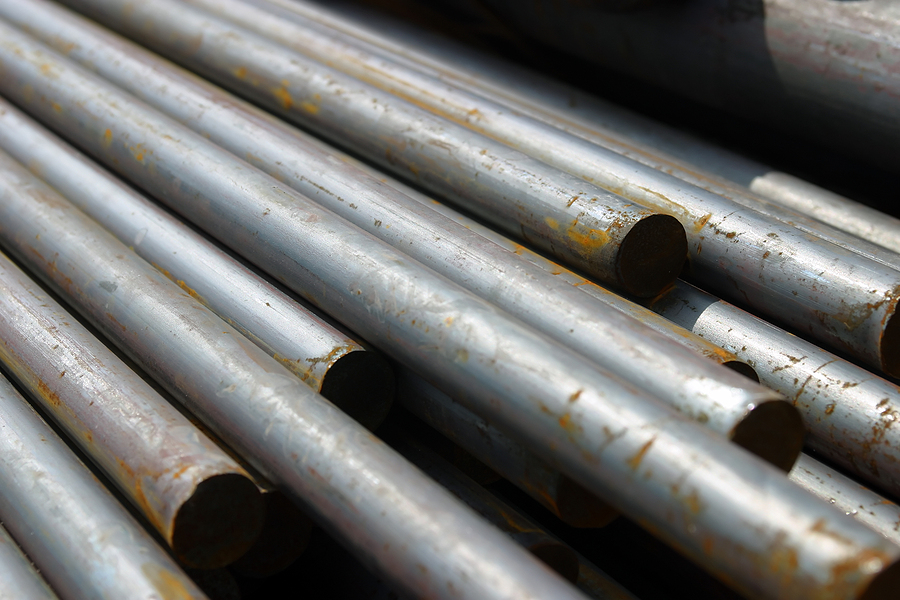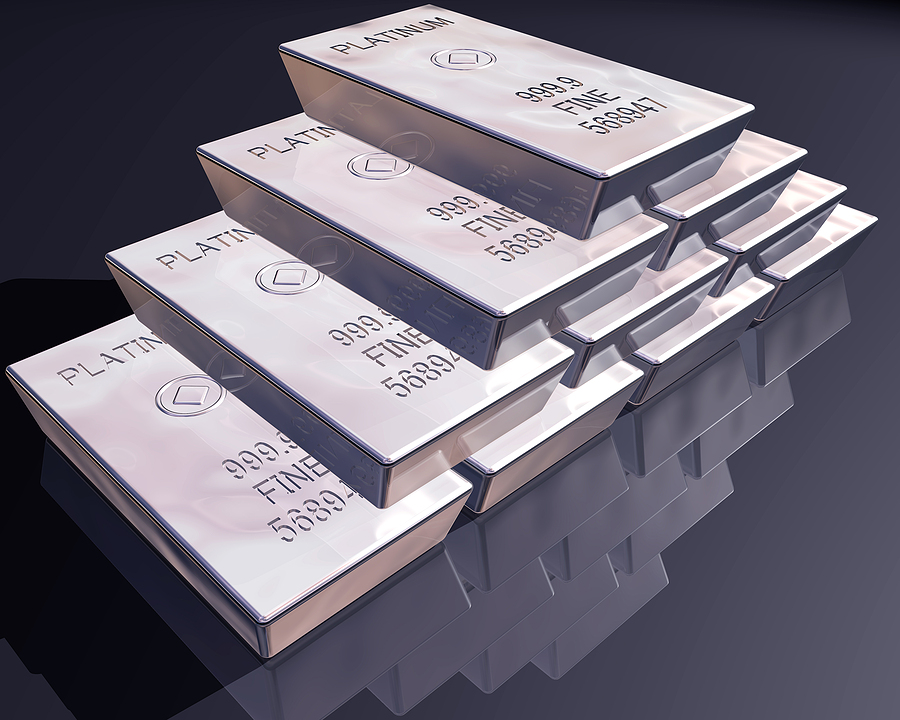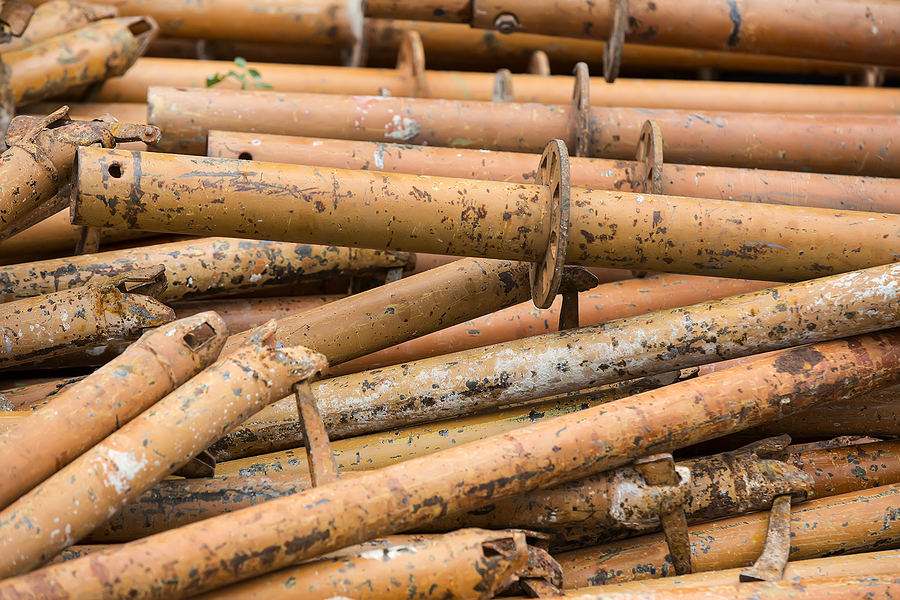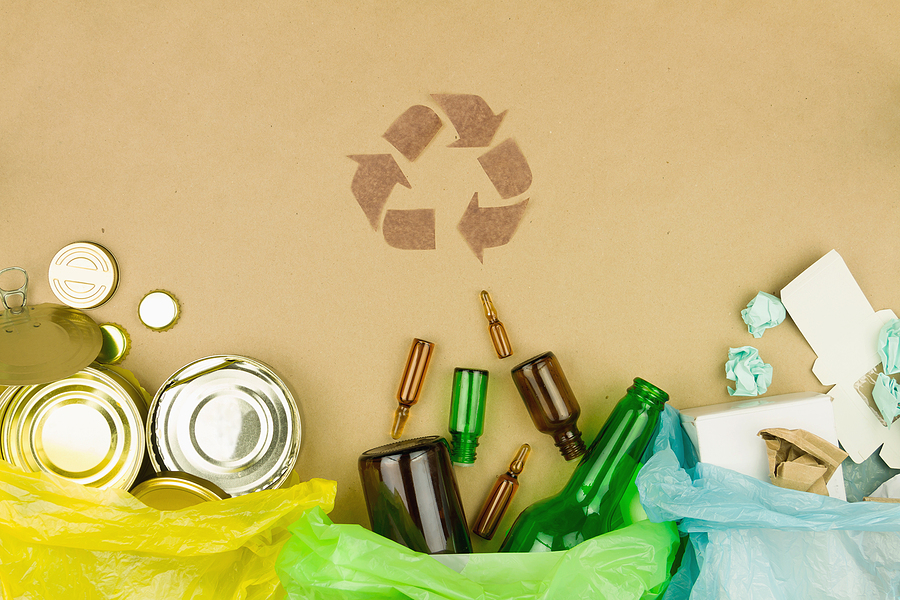The holidays have wrapped up. The tree is looking a little weary, and the boxes are coming back down from the attic. As you pack away the memories for another year, you might find yourself holding a tangled mess of broken lights, a rusted wire reindeer, or a wreath frame that’s seen better days.
It’s tempting to toss these items into the trash and be done with it. But before you do, consider the impact of that decision. Every year, millions of pounds of holiday waste end up in landfills, where valuable materials sit uselessly for decades. Many of your old decorations—specifically those made of metal—can be given a second life.
Recycling these items isn’t just about clearing clutter; it’s a small but powerful way to reduce environmental strain and even put a little cash back in your pocket.

Identifying Recyclable Metal Decorations
Not all that glitters is gold, and not all that shines is recyclable metal. However, a surprising amount of holiday decor is made from materials that scrap yards are eager to accept. Knowing what to look for is the first step in responsible disposal.
Common Metal Items
Scan your pile for these common recyclable suspects:
- String Lights: Believe it or not, those frustratingly tangled Christmas lights are a goldmine (or rather, a copper mine). The wire inside the plastic casing is typically made of copper, a highly valuable metal.
- Wreath Frames: The skeletal structure of most wreaths is usually made of steel wire.
- Wire Yard Art: Those light-up reindeer and snowmen often have steel or iron frames once you strip away the fabric or plastic mesh.
- Ornament Hooks: They are small, but they add up. Most are made of steel or aluminum.
- Tinsel: Modern tinsel is usually plastic, but vintage varieties (pre-1970s) were often made of lead or tin-lead alloys. While these are dangerous and shouldn’t be reused, they are technically metal.
🛑 Safety Note: If you suspect you have vintage lead tinsel, handle it with gloves and contact a hazardous waste facility rather than a standard scrap yard.
Material Check
How do you know what metal you have? The magnet test is the easiest method. If a magnet sticks to the item, it is likely ferrous metal (containing iron), like steel. If it doesn’t stick, it might be aluminum, copper, or brass—non-ferrous metals that are often worth more per pound.
Preparing Decorations for Recycling
You can’t simply throw a whole light-up snowman into the recycling bin. Scrap metal recycling requires a bit of preparation to ensure the materials are accepted and processed efficiently.
Removing Non-Metal Parts
The goal is to separate the metal from everything else.
- For Lights: Most metal recyclers will accept Christmas lights “as is” because they have shredders to separate the plastic insulation from the copper wire. However, you should remove large plastic bulbs or attachments if possible.
- For Yard Decorations: Strip away the mesh, fabric, zip ties, and plastic clips. You want to be left with just the bare metal skeleton.
- For Ornaments: Remove glass, plastic, or fabric components. A metal bell ornament needs to be just the metal bell, not the ribbon it hangs from.
Safety First
Handling old, broken decorations can be risky. Wires can be sharp, and glass bulbs can shatter unexpectedly. Always wear thick work gloves when stripping decorations. If you are cutting wires, use proper wire cutters and eye protection to prevent injury from flying debris.
Get Started With a Free Offer for Your Scrap Décor ✅
Finding Local Scrap Metal Recyclers
Curbside recycling bins are generally not equipped to handle scrap metal like wire frames or string lights. In fact, string lights are often called “tanglers” in the industry because they jam recycling facility machinery. instead, you need to find a dedicated scrap metal recycler like Zore’s Recycling in Indianapolis.
Where to Look
- Online Directories: A quick search for “scrap metal yard near me” will yield results. Websites like Earth911 also allow you to search by material type.
- Municipal Resources: Check your city’s solid waste department website. They often have lists of approved drop-off centers for materials that don’t belong in the blue bin.
- Hardware Stores: Some large home improvement chains offer seasonal trade-in programs for old Christmas lights, offering a small discount on new energy-efficient LED strings in exchange.
The Benefits of Recycling Metal Decorations
Why go through the trouble of stripping a wreath frame? The benefits extend far beyond your own garage.
Environmental Impact
Recycling metal saves a massive amount of energy compared to mining virgin ore. For example, recycling steel uses about 74% less energy than producing it from raw materials. For aluminum, the savings are even more impressive—up to 95%. By recycling, you are directly reducing greenhouse gas emissions and preserving natural resources.
Economic Value
Scrap metal is a commodity. Unlike plastic, which often costs money to recycle, scrap yards will pay you for metal. While a single string of lights won’t make you rich, a collection of old wires, frames, and broken extension cords can add up to enough cash for a nice post-holiday lunch.
Creative Repurposing Ideas
If your decorations aren’t quite ready for the scrap heap, consider giving them a makeover. Upcycling allows you to keep the materials in use without sending them to a processing facility.
- Tomato Cages: Flip a wire wreath frame or a cone-shaped tree frame upside down to support tomato plants in your summer garden.
- Photo Displays: String wire across an old large metal frame to create a modern, industrial photo holder. Use clothespins to attach pictures.
- Year-Round Lighting: Spray paint wire frames in neutral colors like black or gold, wrap them in white fairy lights, and use them as patio decor for summer evening gatherings.
Turning Your Holiday Trash into Treasure
As you clean up this season, take a moment to sort before you throw. That pile of “junk” metal represents energy savings, reduced landfill waste, and potential pocket money. It takes a little extra effort to strip and sort your old decorations, but the payoff for the planet—and your wallet—is well worth it.
If you are in the Indianapolis area and looking to clear out your clutter, don’t let those valuable metals go to waste. Bring your prepared scrap metal, old lights, and wire frames to a local facility that rewards your effort.
Ready to turn your old holiday metal into cash? Visit your local Indianapolis scrap yard today to earn money on the spot for your recyclable items.
Related Post: Sustainable Solutions: The Eco-Friendly Way to Get Rid of Old Metal Furniture


